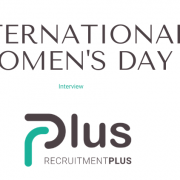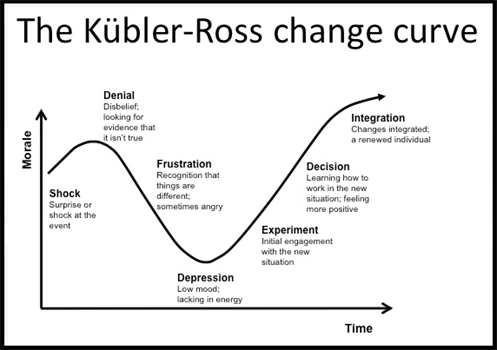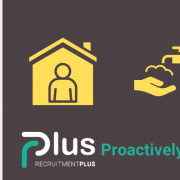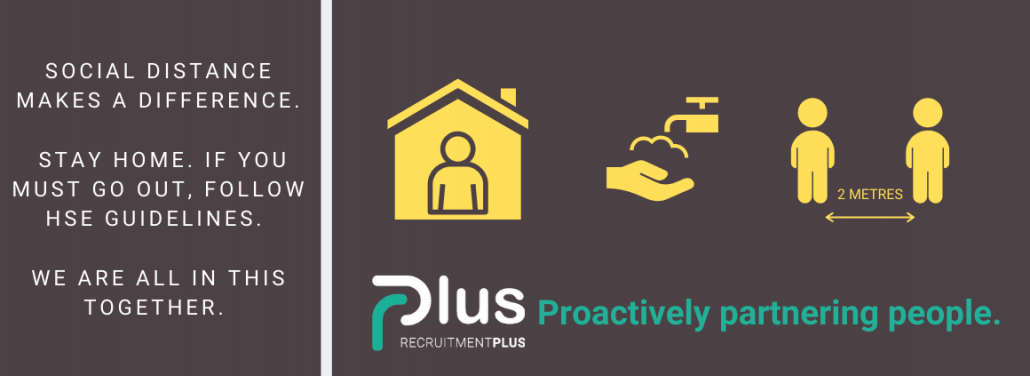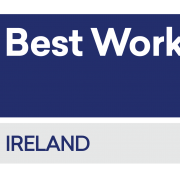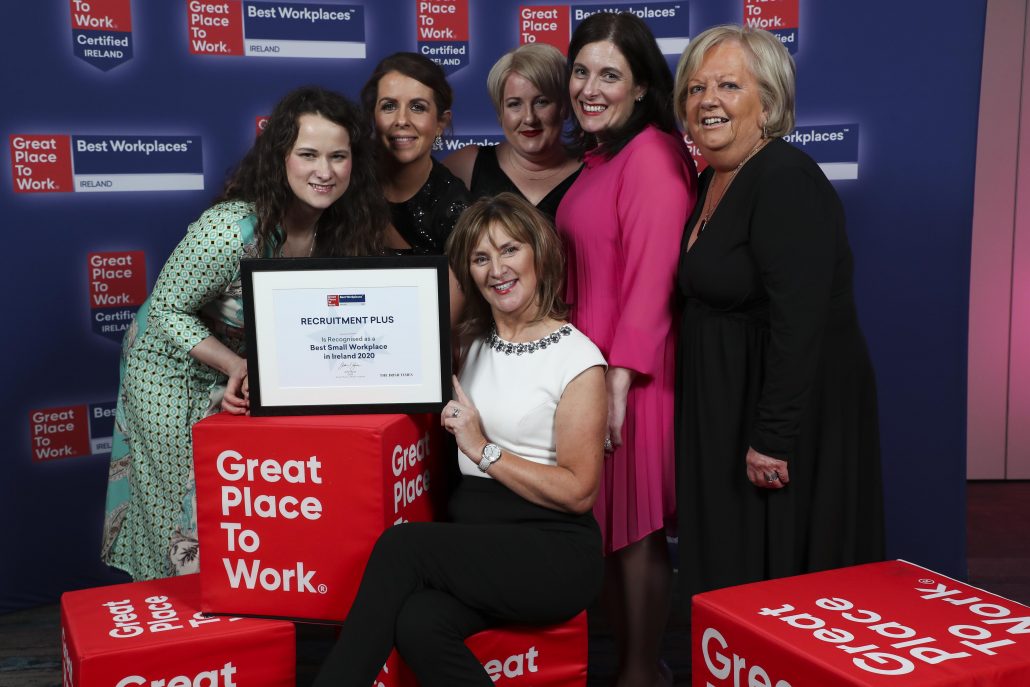5 Ways to Differentiate Yourself from Other Job Candidates
Following on from last month’s blog on Crafting Your Personal Brand, we’d like to show you the next steps in ensuring you stand out from the crowd when applying for the roles you want. In today’s competitive job market, it’s essential to find ways to set yourself apart from other candidates vying for the same position. While having the right qualifications and experience is important, it’s often the extra effort and unique qualities that catch the attention of employers. Whether you’re applying for a new job or seeking advancement in your career, here are 5 ways to differentiate yourself from other job candidates and increase your chances of landing your dream job.
- Craft a Personalized Application: Instead of sending out generic resumes and cover letters, take the time to tailor your application materials to each specific job opportunity. Research the company and the role thoroughly to understand their needs, values, and culture. Highlight relevant skills, experiences, and achievements that align with the job requirements and demonstrate your potential contribution to the organization. A personalized application shows employers that you’re genuinely interested in the position and willing to invest the effort to make a positive impression.
- Showcase Your Unique Skills and Experiences: Identify and emphasize your unique skills, experiences, and accomplishments that set you apart from other candidates. Whether it’s a specialized certification, language proficiency, volunteer work, or a passion project, highlight aspects of your background that demonstrate your versatility, creativity, and initiative. Use concrete examples and anecdotes to illustrate how your unique skills and experiences have contributed to your success and prepared you for the role. By showcasing your individuality and value proposition, you’ll capture the attention of employers and leave a memorable impression.
- Demonstrate Your Passion and Enthusiasm: Employers are drawn to candidates who are genuinely passionate and enthusiastic about the opportunity to work for their organization. Communicate your enthusiasm for the role and the company during interviews, networking events, and interactions with hiring managers. Express your genuine interest in the company’s mission, values, and goals, and articulate why you’re excited about the opportunity to contribute to their success. Your enthusiasm and positive attitude can leave a lasting impression and convey your commitment to making a meaningful impact.
- Go Above and Beyond in Your Preparation: Stand out from other candidates by going above and beyond in your preparation for interviews and assessments. Research the company, industry trends, and relevant topics extensively to demonstrate your knowledge and understanding of the business landscape. Prepare thoughtful questions to ask during interviews that showcase your curiosity, critical thinking, and genuine interest in learning more about the company and the role. Additionally, practice your interview responses and presentation skills to ensure that you communicate confidently and effectively during the selection process. By demonstrating thorough preparation and professionalism, you’ll differentiate yourself as a top candidate.
- Build Meaningful Relationships and Networks: The last of our 5 ways to differentiate yourself from other job candidates is to network. In addition to showcasing your qualifications and skills, focus on building meaningful relationships and networks within your industry or desired field. Attend industry events, join professional associations, and engage with thought leaders and influencers in your area of expertise. Networking provides opportunities to connect with potential employers, learn about hidden job opportunities, and gain valuable insights and advice from seasoned professionals. Building a strong professional network not only enhances your visibility and credibility but also opens doors to new career opportunities and collaborations. You can follow RecruitmentPlus on LinkedIn for career advice and to be the first to see when live jobs are posted.
*Bonus Step* Work with an Experienced Recruiter: The consultants at RecruitmentPlus can be there for you every step of the way and indeed assist with all the above strategies. They can tailor your application to the client. They will enthusiastically discuss your application with their clients and express why you’re the ideal candidate for their vacancy. They can work with you on interview prep for the specific client you’re meeting with as they know their clients and can give you insider tips on how to succeed.
Standing out from other job candidates requires a combination of preparation, authenticity, and proactive engagement. By crafting personalized applications, showcasing your unique skills and experiences, demonstrating passion and enthusiasm, going above and beyond in your preparation, and building meaningful relationships and networks, you’ll distinguish yourself as a standout candidate in the eyes of employers. Remember to stay true to yourself, highlight your strengths, and seize every opportunity to showcase your value and potential contribution to the organizations you aspire to join. And remember, a great recruiter will help you every step of the way.
